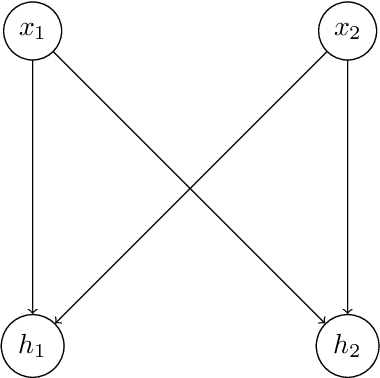Multi-Agent Algorithmic Recourse
Paper and Code
Oct 01, 2021



The recent adoption of machine learning as a tool in real world decision making has spurred interest in understanding how these decisions are being made. Counterfactual Explanations are a popular interpretable machine learning technique that aims to understand how a machine learning model would behave if given alternative inputs. Many explanations attempt to go further and recommend actions an individual could take to obtain a more desirable output from the model. These recommendations are known as algorithmic recourse. Past work has largely focused on the effect algorithmic recourse has on a single agent. In this work, we show that when the assumption of a single agent environment is relaxed, current approaches to algorithmic recourse fail to guarantee certain ethically desirable properties. Instead, we propose a new game theory inspired framework for providing algorithmic recourse in a multi-agent environment that does guarantee these properties.
 Add to Chrome
Add to Chrome Add to Firefox
Add to Firefox Add to Edge
Add to Edge